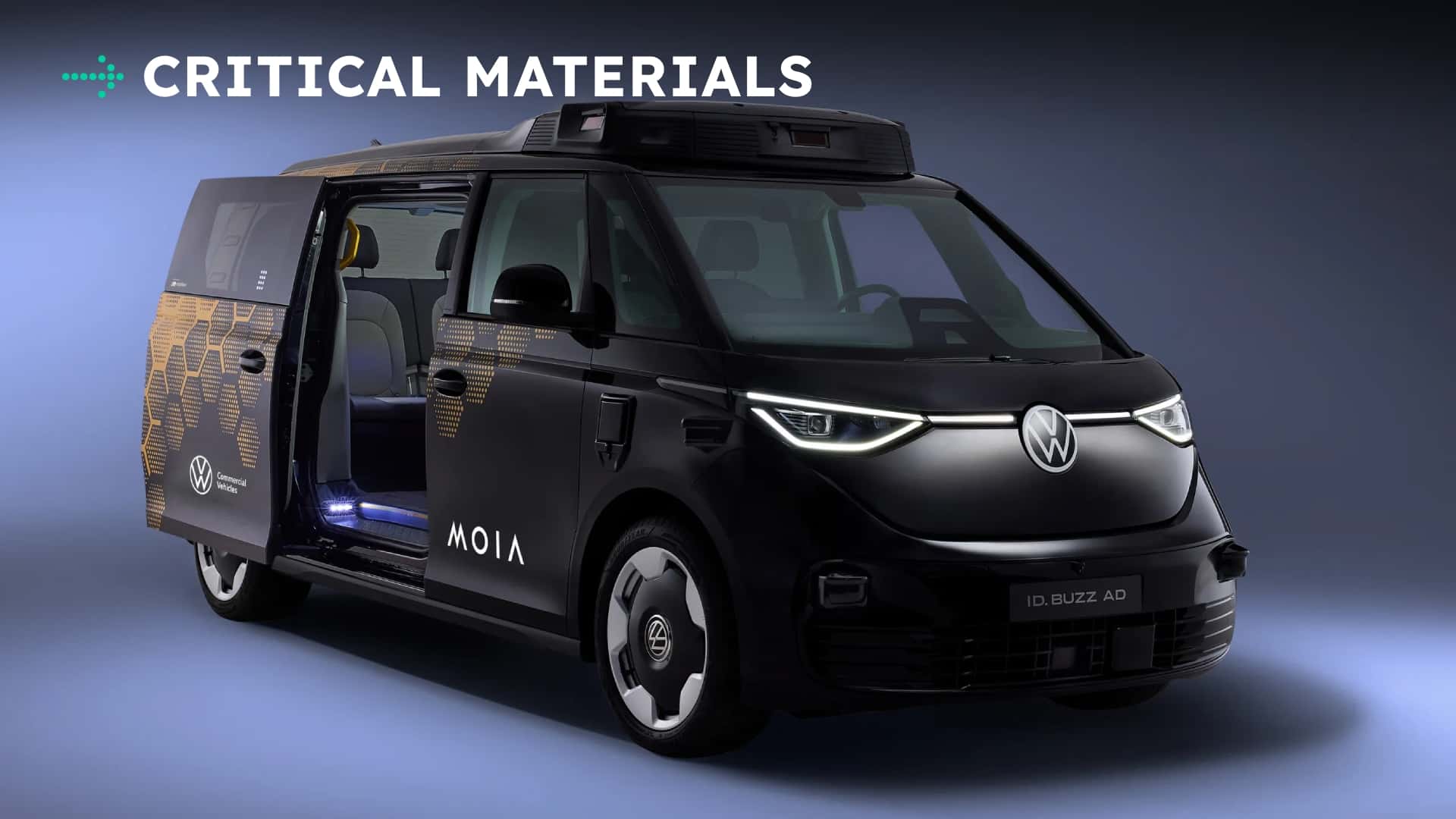
"The American automotive sector was supposed to be well on its way to phasing out internal combustion by now. Most carmakers operating in the United States bet on an electric boom that would take off by the end of the decade, leading to an industry powered by batteries in the 2030s. Clearly, that's not the casenot with the Trump administration yanking the policy-support rug out from underneath them."
"The industry's 2010s-era foray into self-driving didn't really pay off for many automakers. General Motors-backed Cruise lit money on fire while others, like Ford's Argo AI, died in infancy. And while Tesla has steadily improved its Autopilot and Full Self-Driving features over the past decade and even launched a Robotaxi service, it too hasn't achieved its biggest promises. But things seem to be changing thanks to the boom in AI and computing power."
U.S. automakers expected battery-powered vehicles to dominate by the 2030s, but policy reversals have slowed EV adoption. Companies are redirecting investment toward autonomous vehicles as a new growth opportunity. Earlier AV efforts largely failed or exhausted capital at firms like Cruise and Argo AI, while Tesla improved Autopilot and launched a Robotaxi service without fulfilling all promises. Advances in AI and computing power are renewing momentum for autonomy. Sterling Anderson joined General Motors to accelerate autonomy work and emphasized safety, calling autonomy the "cornerstone of GM's modern portfolio." Major carmakers are racing to develop AVs to compete on the next frontier.
Read at insideevs.com
Unable to calculate read time
Collection
[
|
...
]